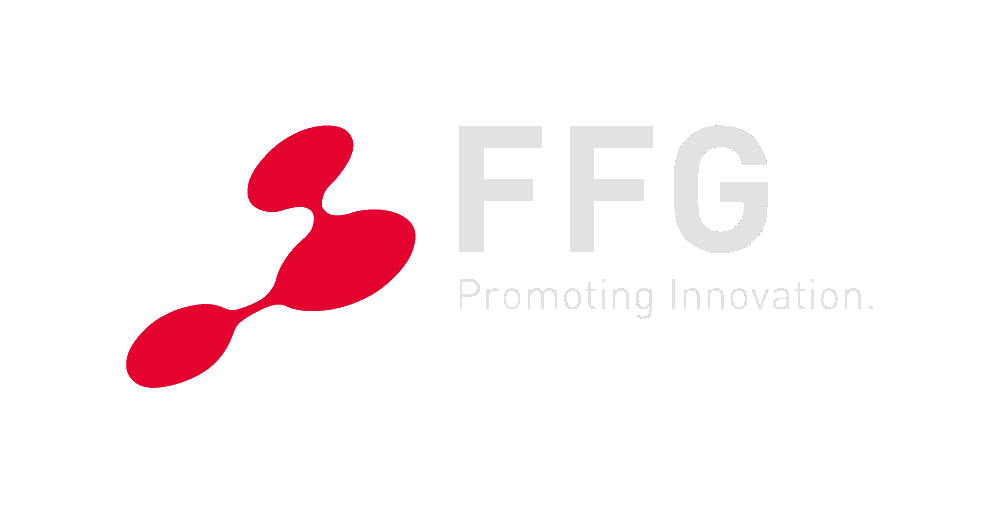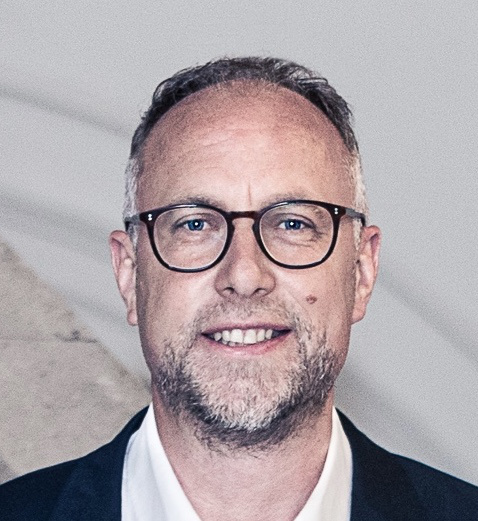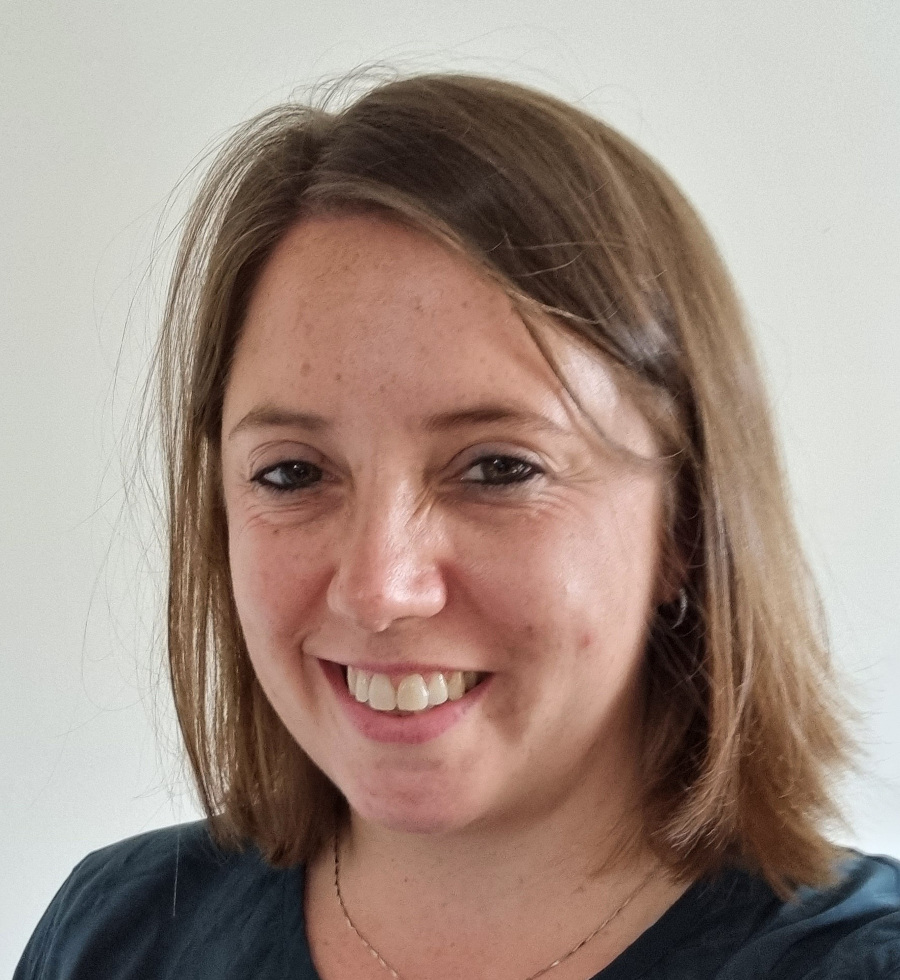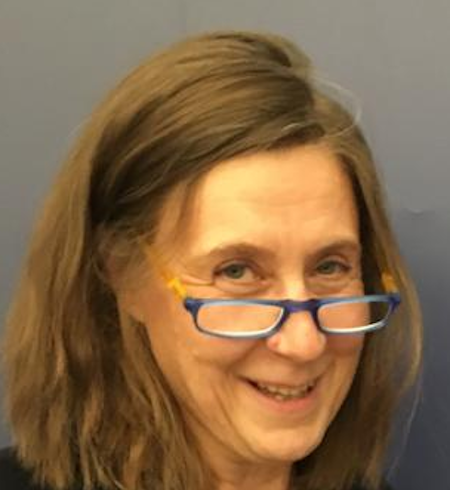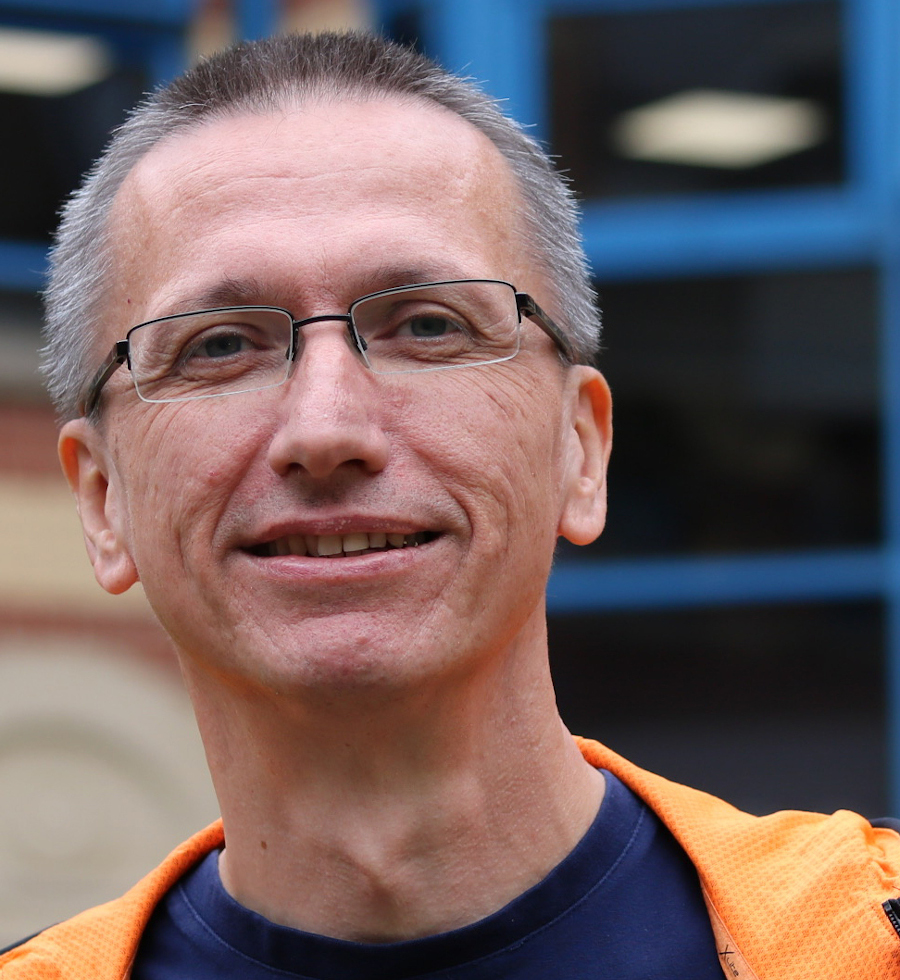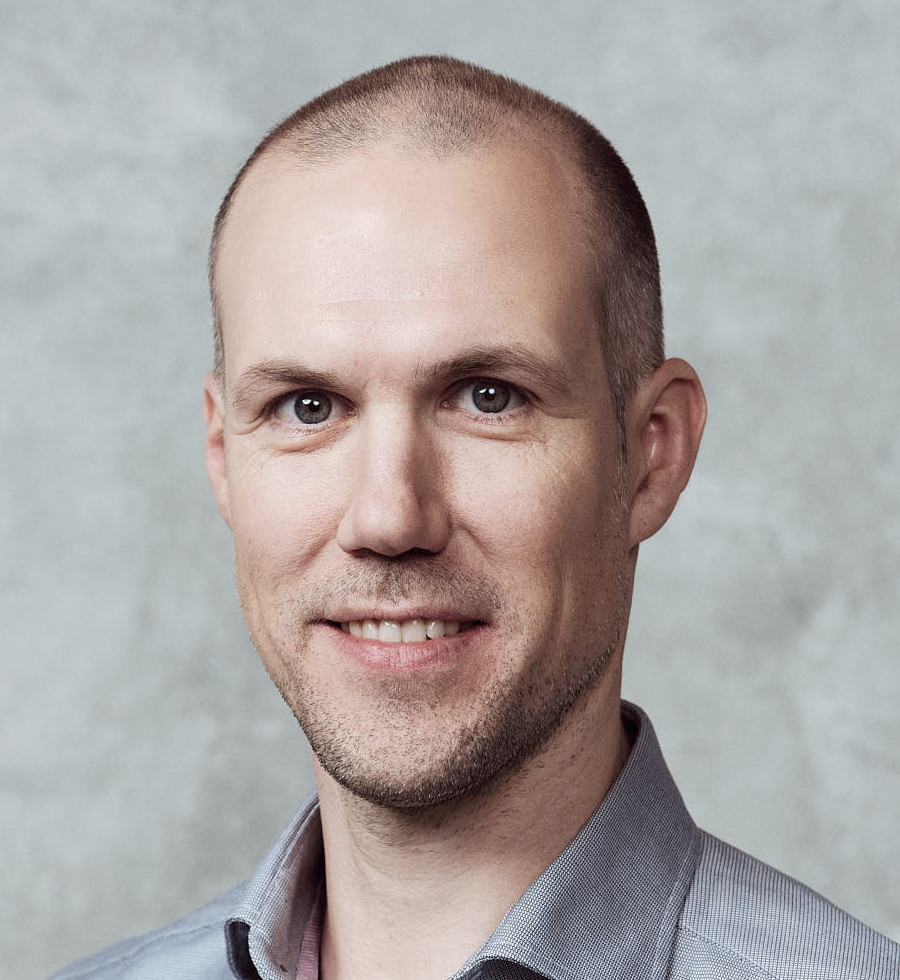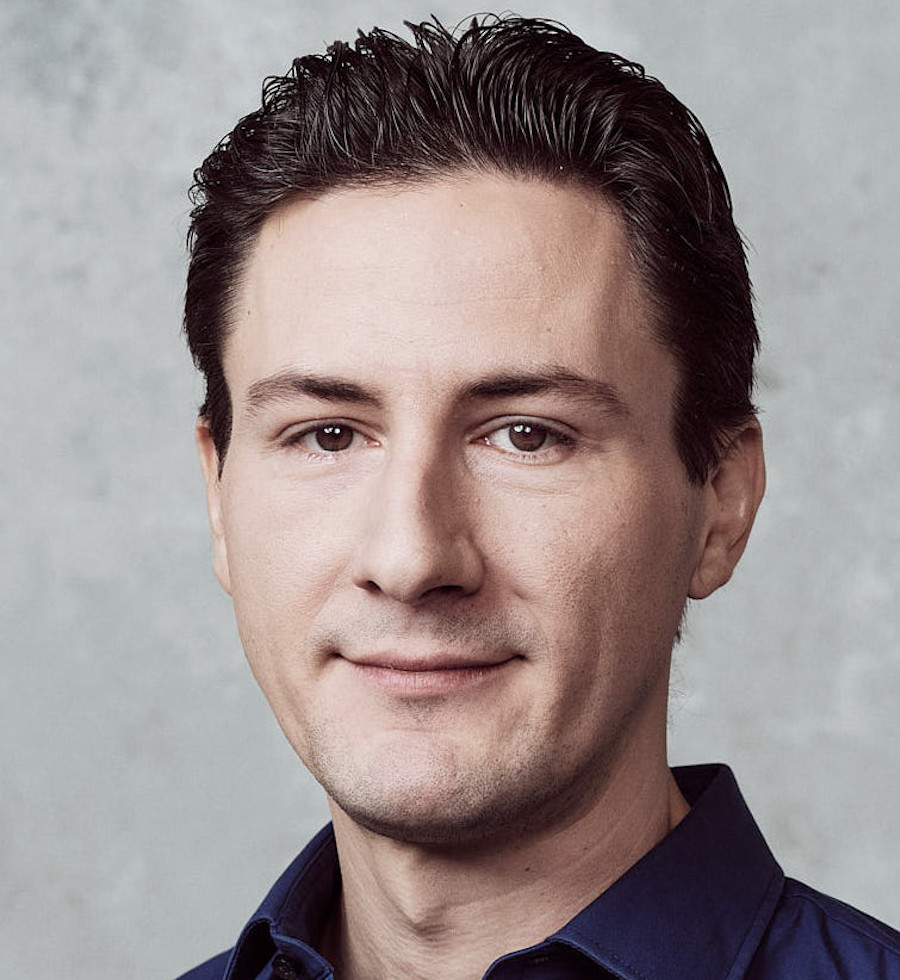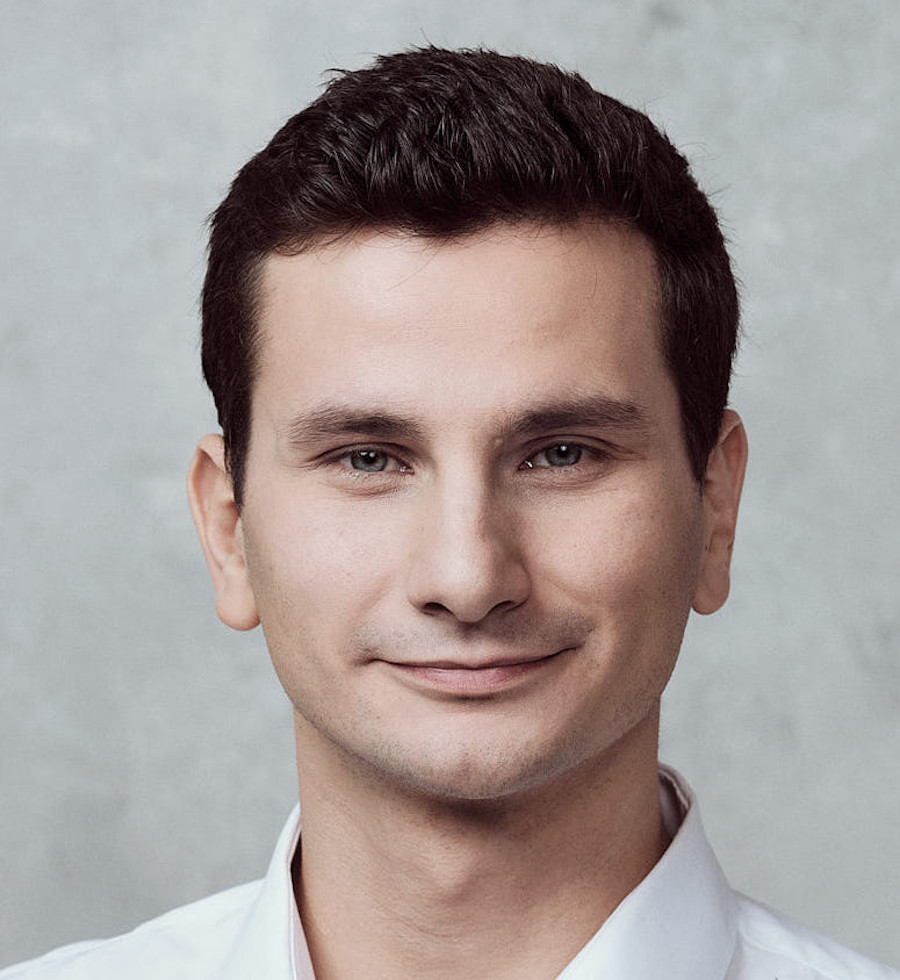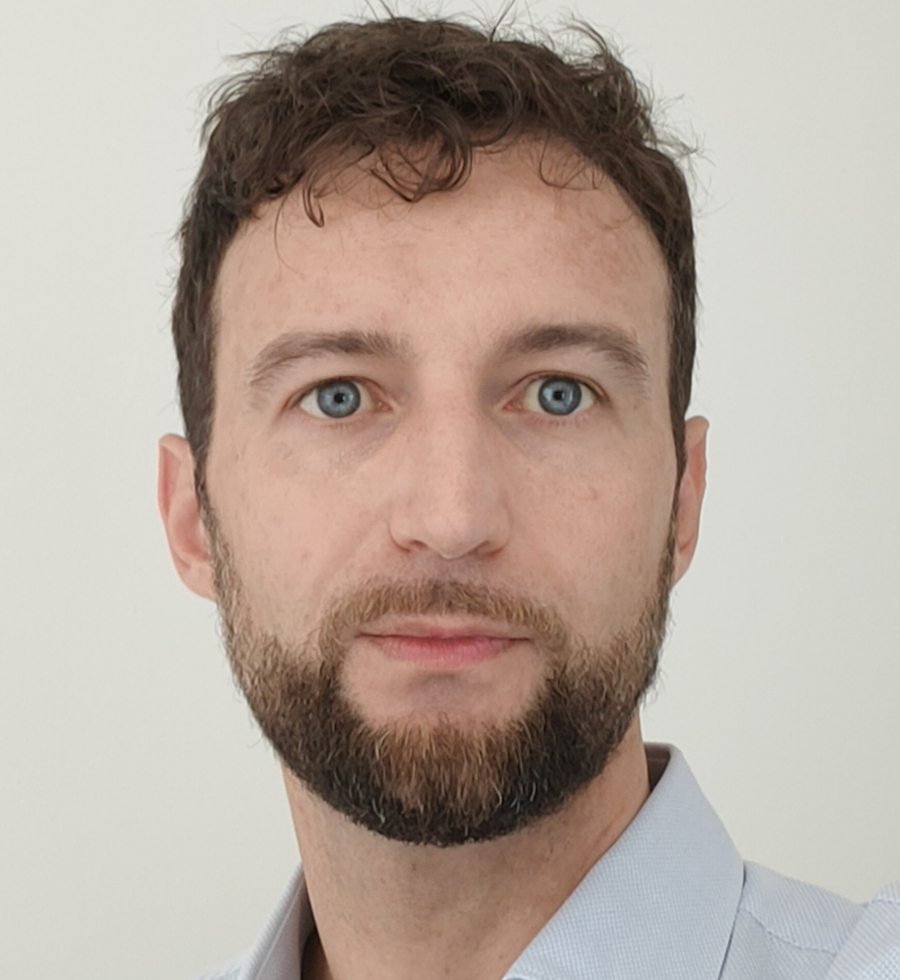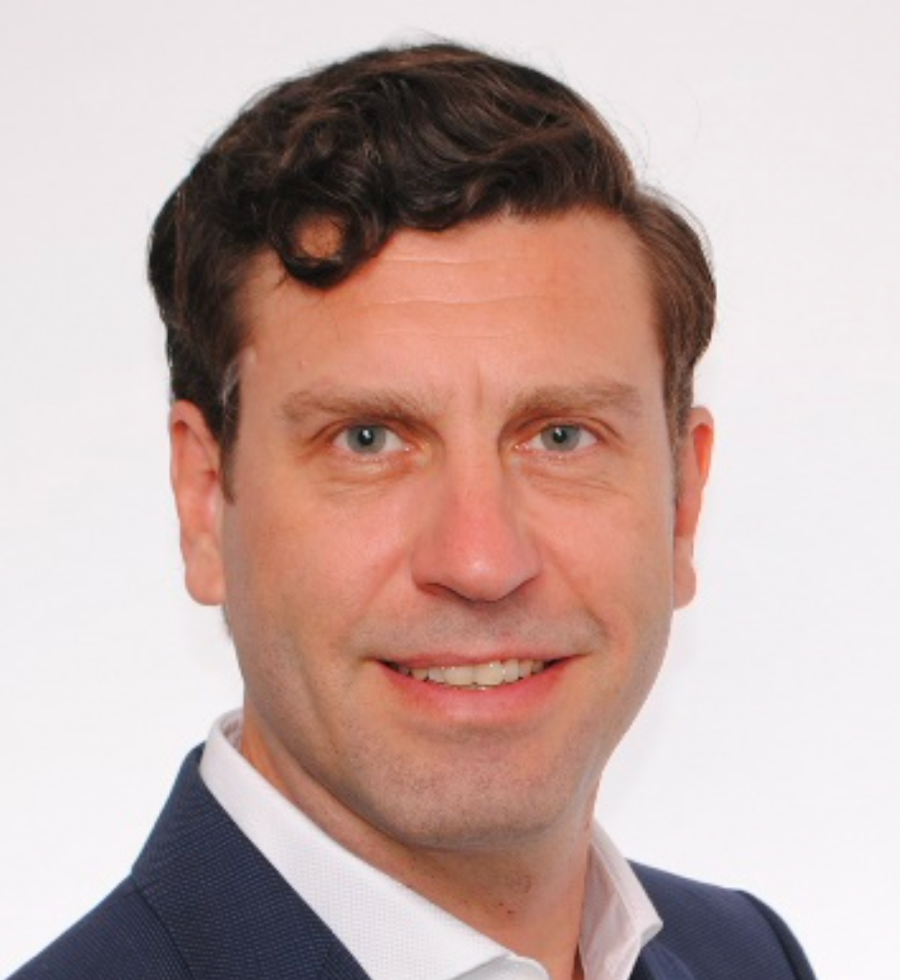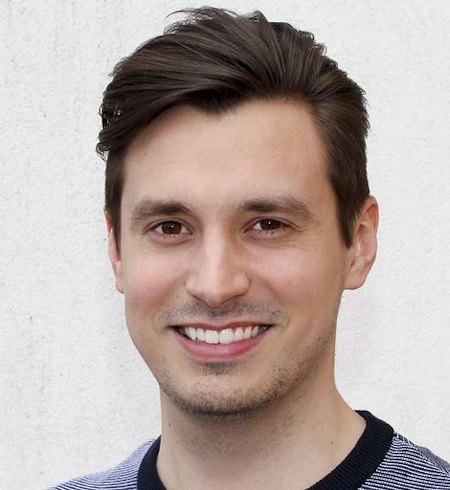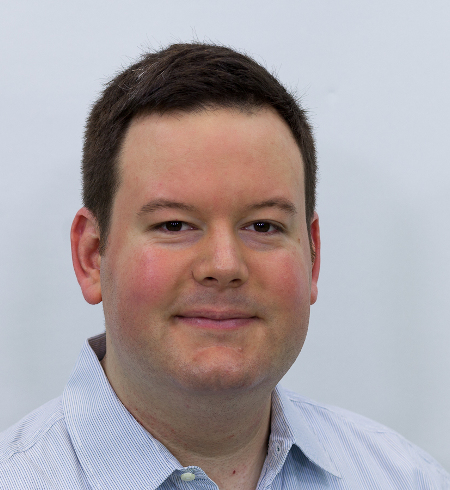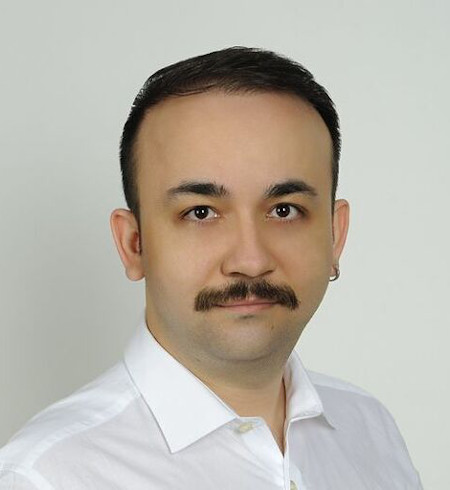About Us
In this FFG-funded project Gradient Zero collaborates with Professor Mark Coeckelbergh from the University of Vienna and the Austrian Research Institute for Artificial Intelligence to put ethical issues front center in AI development. The project aims to enhance our machine learning platform dq0.io into a full-fledged environment for ethical AI development.
This project provides the unique possibility to bring together ethicists and technical researchers to develop concrete ethics-by-design principles dealing with the practical considerations arising from compliance with relevant ethical foundations and legal frameworks and the constraints imposed by technical implementation.
Starting with philosophical reflections on questions about privacy, transparency, fairness, and impacts, the team will continue to develop tools to embed these principles directly in the AI development process for truly explainable and accountable AI.
Privacy-Enhancing Technologies
02 / 2021 - 03 / 2021
Advancing DQ0 into a trusted machine learning development platform starts with protecting data.
The data of users working with the platform but equally important the data that is being used for AI development.
Advanced statistics and machine learning models put privacy at risk. This first phase of the project therefore focuses
on implementing robust data protection and privacy-preserving mechanisms into the heart of DQ0.
Differential Privacy
04 / 2021 - 06 / 2021
Differential Privacy mathematically guarantees the highest level of data protection. In contrast to traditional anonymization
techniques Differential Privacy enables the data owner to control the amount of information she is willing to provide from a given data set.
We implemented Differential Privacy as one of the core building blocks of DQ0's privacy-preserving technology in both machine learning training (and prediction)
and SQL analytics.
Privacy Checker
07 / 2021 - 08 / 2021
Differential Privacy gets implemented into DQ0 for both model training and SQL analytics. Additionally, in this phase we develop our own set of attacks and checks to verify the actual privacy guarantees of all analytic results that shall be published through DQ0. The Privacy Checker module acts as a data protection safe guard for analytic workflows developed with DQ0. Only those models or SQL results that actually respect data privacy can be released by the DQ0 data owner.
Ethical AI
09 / 2021 - 11 / 2021
Start of cooperation with Prof. Mark Coeckelbergh, Dr. Rebecca Raper, and the team from the University of Vienna's Philosophy of Media and Technology research group.
The goal is to jointly develop means to embed ethical principles into the AI development process
on the crossroad of philosophy, psychology and computer science.
Philosophical Foundations
12 / 2021 - 03 / 2022
Ethics of AI has received a lot of attention during the past years. However, it is still very unclear what the proposed principles mean in practice.
Inspired by the concept of Ethical by Design (Mulvenna et al., 2017) – that ethics should be placed into the design phase of software
development – EKIP's purpose is to explore more practical approaches for
AI software developers to embed ethics into their systems.
Applied AI Ethics
04 / 2022 - 12 / 2022
In this phase we will develop the foundations for ethical AI development and at the same time introduce their concrete implications and implementations into the AI development process. Because only if the principles of AI Ethics are applied to real-world problems of machine learning development and embedded into the process itself (rather than attached after the facts) one can develop truly trustworthy applications.
Explainable AI
06 / 2022 - 10 / 2022
Developing accountable AI by means of integrating ethics-by-design mechanisms into the development process also requires to crack this mysterious “AI black box”. This comes down to the field of Explainable AI. We will research and develop latest techniques of explainable AI together with the Austrian Research Institute for Artificial Intelligence. Starting from the Privacy Checker module from phase 1, an important topic will be data bias. Bias in and from data, bias from machine learning models, and bias based on ethical decisions.
Accountability & Fairness
11 / 2022 - 03 / 2023
Explainability is not the whole story, though. But really rather a prerequisite for trustworthy development. Therefore this project phase aims at introducing tools like an impact, transparency, and fairness checker to assess whether the to be developed models, or rather their developers, can indeed be held accountable and the use of the AI models is indeed "good" in all of its meanings.
Computing
04 / 2023 - 02 / 2024
In this final phase it’s time to scale the platform into a development environment that is capable of handling large, real-world projects with huge data sets. In this phase we plan to collaborate with the research group Scientific Computing of the faculty of Computer Science of the University of Vienna to develop strategies to integrate high-performance and machine learning optimized processes into the development platform. In this final phase the results from the previous phases will be revisited and refined.
Mark Coeckelbergh is Professor of Philosophy of Media and Technology and Vice Dean of the Faculty of Philosophy and Education at the University of Vienna. Previously, he was Professor of Technology and Social Responsibility at De Montfort University, UK, President of the international Society for Philosophy and Technology (SPT), and Managing Director of the 3TU Centre for Ethics and Technology in the Netherlands. Coeckelbergh is Associate Editor of the journal AI & Society and member of many editorial advisory boards including those of AI and Ethics, Science and Engineering Ethics, and Techne. He is also active in policy advice as member of the High-Level Expert Group on Artificial Intelligence (European Commission) and the Austrian Council on Robotics and Artificial Intelligence. He is the author of numerous journal articles and 14 books, including “AI Ethics” (MIT Press 2020 – translated in several languages) and Introduction to Philosophy of Technology (Oxford University Press 2019), and is active in several European research projects in the area of ethics of AI and robotics.
Rebecca Raper is a researcher in Ethical AI at The University of Vienna, involved in the FFG-sponsored project with Gradient Zero. Her research interests include finding practical ways to embed ethics in Artificial Intelligence systems, Risk Management of Artificial Intelligence, and Cognitive Robotics more broadly. Her ongoing thesis is an examination of Reinforcement Learning approaches to creating machines with morals, and she has a degrees in both philosophy and psychology.
Brigitte Krenn is head of Unit of OFAI's Language and Interaction Technologies Group. In previous positions, she was scientific head of the Research Studio Smart Agent Technologies (now Smart Application Technologies) of the Research Studios Austria and member of Seibersdorf Research, now AIT Austrian Institute of Technology. Earlier on she worked as a faculty staff and researcher at the Computational Linguistics Department of Saarland University and at IAI (Institute of the Society for the Promotion of Applied Information Sciences at the Saarland University). She holds a PhD in Computational Linguistics from Saarland University Saarbrücken, Germany and a Diploma in German Language and Literature, Psychology, Philosphy and Pedagogy from Karl-Franzens University Graz, Austria.
http://ofai.at/~brigitte.krenn/
Johann Petrak is a researcher at the Austrian Research Institute for Artificial Intelligence and also a research fellow at the University of Sheffield and a member of the Natural Language Processing Group of the Computer Science Department. He is an enthusiastic developer of open source software.
http://johann-petrak.github.io/
Jona is founder and Managing Director of Gradient Zero. Jona earned degrees in Philosophy, Computer Science, and Cognitive Science. He is an expert in software development. After several years in industry he founded his own venture craut interactive which he sold in 2014. Before Gradient Zero Jona held several senior management roles in machine learning companies.
Artur is founder and CTO of Gradient Zero. He earned degrees in Computer Science with focus in Graphics and Image Processing Systems. After several years in industry he founded an independent game developer studio which he sold 2012. Before Gradient Zero Artur was working as a freelancer for several companies in Germany and Switzerland.
Wolfgang is founder and Head of Data Science of Gradient Zero. He earned degrees in Computer Science and Cognitive Science with a focus on Machine Learning and Neural Networks. In the last several years in the industry he developed state of the art Machine Learning algorithms with a focus on multivariate time series forecast, which had been applied to finance sector with great success.
Dr. Paolo Campigotto has over ten years of experience as a data scientist, from university research to business applications with a focus on data-driven decisions. He holds a PhD in Information and Communication Technologies from the University of Trento. Paolo leads the research team of this project.
Dr. Craig Lincoln holds a degree in data science from the Vienna University of Technology and a doctorate in physical chemistry. He works at Gradient Zero as a data scientist and machine learning expert. In this project he is responsible for the research and implementation of methods in the area of “Privacy Preserving Machine Learning”.
Dominic Viehböck is employed by Gradient Zero as a software developer. He holds a Master of Science degree in bioinformatics from the University of Applied Sciences in Vienna. In this project he will take on most of the software implementation tasks for the platform.
Dr. Reinhard Munz is an expert in distributed systems and private data analysis. At the Max Planck Institute for Software Systems, he researched the evaluation of data protection methods and new concepts for budgeting differential privacy implementations. He works at Gradient Zero as a senior software developer and specialist in private data analysis. In this project he is responsible for the security and performance-relevant components of the platform.
Onur Gülkokan holds a master degree in Renewable Energy from Muğla Sıtkı Koçman University and a master degree in Medical Systems Engineering from the Otto Von Guericke University. He is a software development specialist and an expert in data engineering with a focus on healthcare applications.
